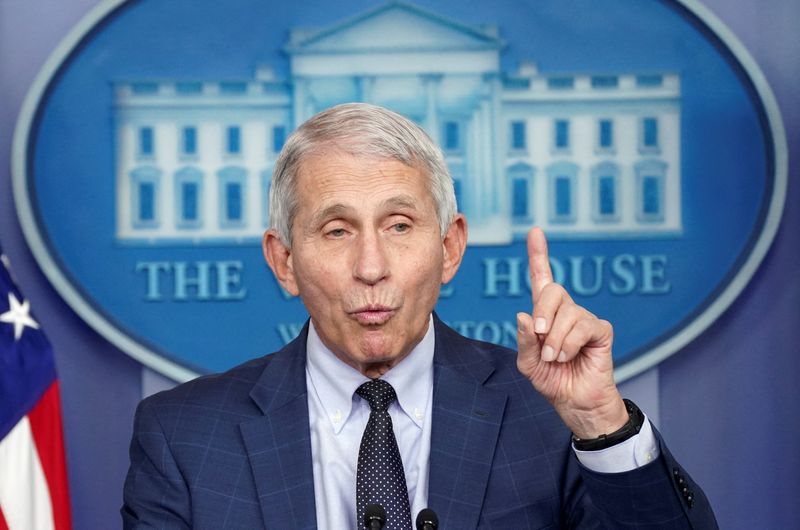WASHINGTON — President Joe Biden granted sweeping pardons on Monday to Dr. Anthony Fauci, retired Gen. Mark Milley, and members of the House committee that investigated the Jan. 6 Capitol attack, invoking his constitutional authority in an unprecedented act as he prepared to leave office.
The move was announced with only hours remaining in Biden’s presidency and comes amid concerns of political retaliation by the incoming administration of former President Donald Trump. Trump, who has openly discussed targeting political opponents and those who investigated him, has signaled plans to pursue an aggressive agenda, including nominating officials who back his unproven election claims.
“These pardons are not an acknowledgment of wrongdoing, nor does their acceptance imply guilt,” Biden said in a statement. “They are an expression of our nation’s gratitude for individuals who have devoted themselves to public service and the rule of law.”
The decision marks a dramatic departure from the typical use of presidential clemency, which traditionally benefits individuals convicted of crimes. In this case, Biden’s pardons were preemptive, shielding recipients from potential investigations or prosecutions under the new administration.
The pardons have drawn both praise and criticism, with supporters arguing they safeguard public servants from politically motivated actions and detractors warning they set a precedent for expanded presidential clemency in future administrations.

